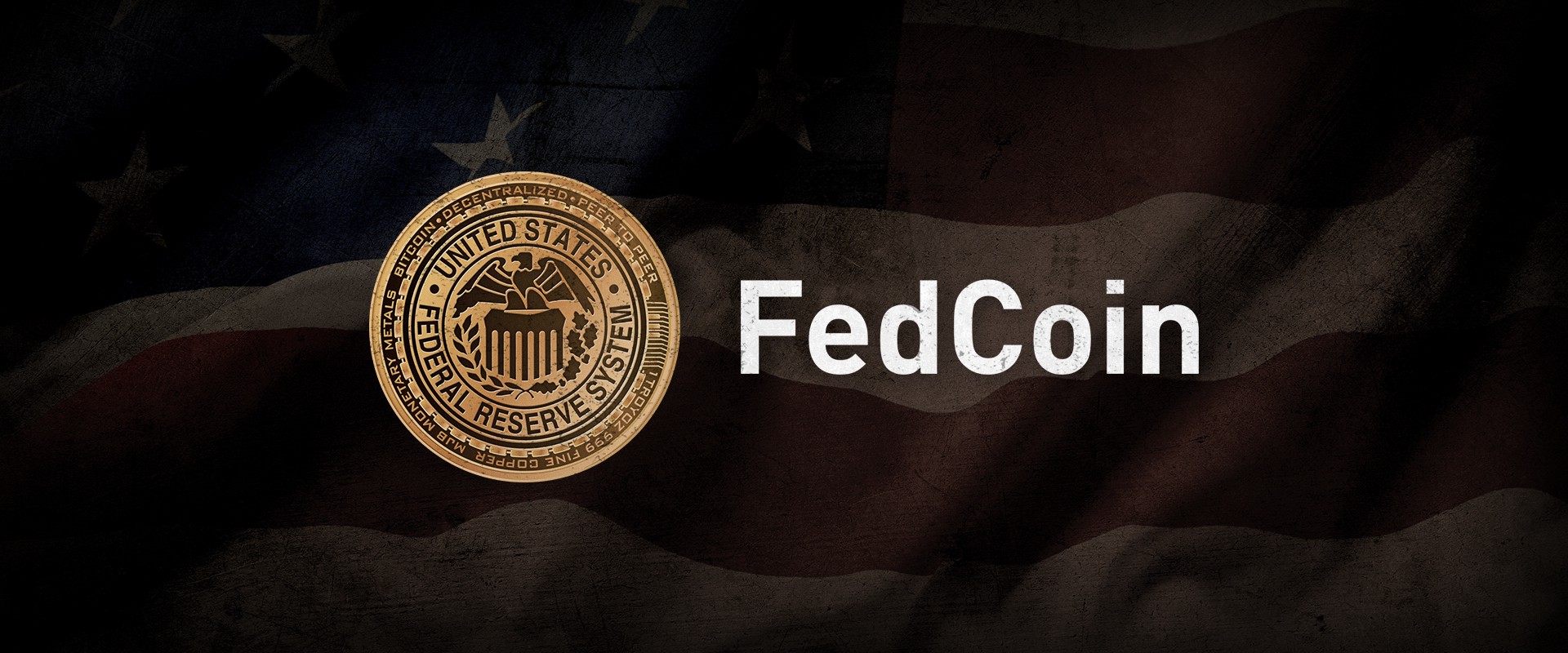PALO ALTO, Calif. (Reuters) - The Federal Reserve is taking a look at a broad variety of problems around digital payments and currencies, including policy, style and Browse around this site legal considerations around potentially releasing its own digital currency, Guv Lael Brainard stated on Wednesday. Brainard's remarks suggest more openness to the possibility of a Fed-issued digital coin than in the past." By transforming payments, digitalization has the prospective to provide higher value and benefit at lower cost," Brainard said at a conference on payments at the Stanford Graduate School of Organization.
Reserve banks globally are discussing how to manage digital finance technology and the distributed journal systems utilized by bitcoin, which assures near-instantaneous payment at possibly low cost. The Fed is developing its own day-and-night real-time payments and settlement service and is presently examining 200 remark letters sent late last year about the suggested service's style and scope, Brainard stated.

Less than two years ago Brainard told a conference in San Francisco that there is "no compelling showed need" for such a coin. But that was before the scope of Facebook's digital currency aspirations were widely understood. Fed officials, consisting of Brainard, have raised concerns about customer protections and information and privacy hazards that could be posed by a currency that might enter use by the third of the world's population that have Facebook accounts.
" We are teaming up with other central banks as we advance our understanding of main bank digital currencies," she stated. With more countries looking into releasing their own digital currencies, Brainard said, that adds to "a set of reasons to likewise be making certain that we are that frontier of both research and policy advancement." In the United States, Brainard stated, issues that require study consist of whether a digital currency would make the payments system much safer or simpler, and whether it might Get more information posture financial stability threats, consisting of the possibility of bank runs if cash can be turned "with a single swipe" into the reserve bank's digital currency.
To counter the monetary damage from America's unprecedented nationwide lockdown, the Federal Reserve has taken unprecedented actions, consisting of flooding the economy with dollars and investing straight in the economy. The majority of these moves got grudging acceptance even from many Fed skeptics, as they saw this stimulus as needed and something just the Fed could do.
My new CEI report, "Government-Run Payment Systems Are Hazardous at Any Speed: The Case Against Fedcoin and FedNow," details the threats of the Fed's current plans for its FedNow real-time payment system, and proposals for main bank-issued cryptocurrency that have actually been dubbed Fedcoin or the "digital dollar." In my report, I talk about concerns about privacy, information security, currency manipulation, and crowding out private-sector competition and innovation.
Advocates of FedNow and Fedcoin state the government needs to produce a system for payments to deposit immediately, instead of encourage such systems in the economic sector by raising regulative barriers. However as kept in mind in the paper, the economic sector is supplying a seemingly unlimited supply of payment technologies and digital currencies follow this link to resolve the problemto the level it is a problemof the time gap in between when a payment is sent and when it is gotten in a checking account.
And the examples of private-sector innovation in this area are numerous. The Cleaning House, a bank-held cooperative that has actually been routing interbank payments in numerous forms for more than 150 years, has been clearing real-time payments given that 2017. By the end of 2018 it was covering 50 percent of the deposit base in the U.S.